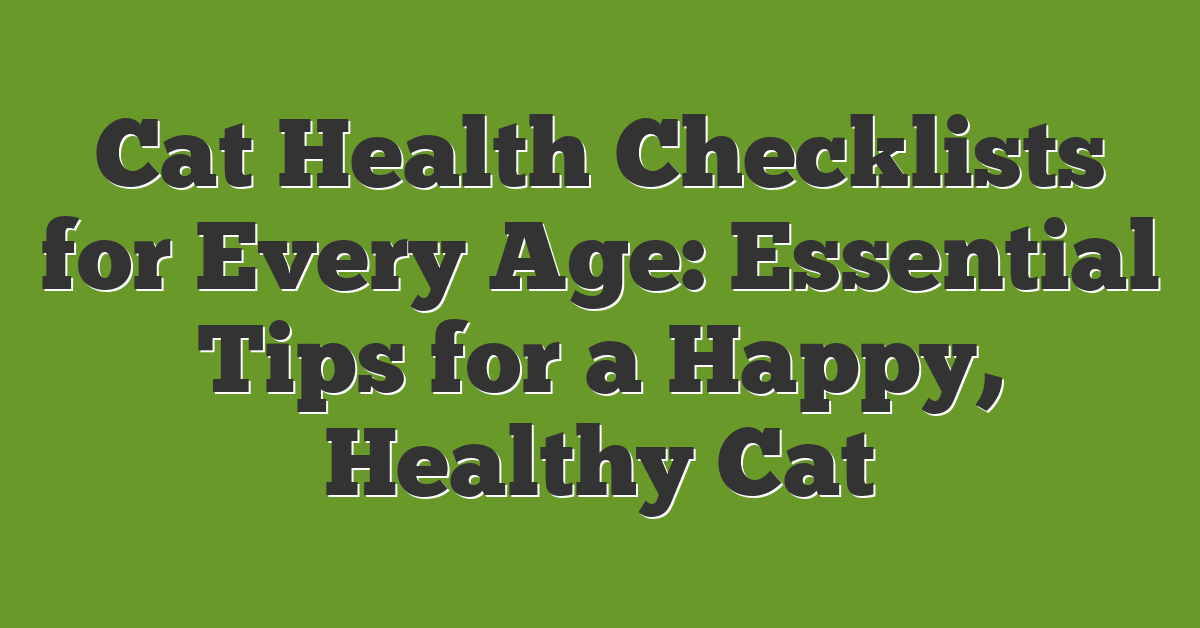Signs of English Ivy ingestion in cats
If your beloved feline friend has nibbled on some English ivy, it’s important to be aware of the potential signs of ingestion. While cats are known for their curious nature, certain plants can be harmful to them. Here are some common signs to look out for if your cat has ingested English ivy:
- Vomiting: One of the initial signs of English ivy ingestion in cats is vomiting. Keep an eye out for any unusual or excessive vomiting episodes, as this can indicate that something is not right.
- Loss of appetite: If your cat suddenly loses interest in their food and begins to skip meals, it could be a sign that they ingested English ivy. Monitor their eating habits closely and consult your veterinarian if you notice any changes.
- Drooling: Excessive drooling can be a sign of English ivy ingestion. If you notice any unusual drooling or if your cat’s mouth appears to be irritated or swollen, it’s important to seek immediate veterinary care.
- Lethargy: Cats are typically full of energy, so if you notice that your cat is unusually lethargic or sluggish, it could be a sign that they have consumed English ivy. Keep an eye out for any changes in their behavior or activity levels.
- Gastrointestinal upset: English ivy ingestion can lead to gastrointestinal issues such as diarrhea or constipation in cats. If your cat is experiencing recurring gastrointestinal problems, it’s essential to consult your veterinarian for a proper diagnosis.
Remember, if you suspect that your cat has ingested English ivy and is displaying any of these signs, it’s crucial to seek veterinary attention right away. Early intervention can greatly improve the chances of a positive outcome for your furry companion. Keep an eye on your cat’s behavior, and don’t hesitate to reach out for professional guidance.
Potential risks of English Ivy for cats
English ivy is a popular and attractive plant that can be found in many homes and gardens. However, if you have a furry feline friend, it’s important to be aware of the potential risks it poses for your cat’s health.
Cats have a natural curiosity and may be prone to nibbling on plants, including English ivy. Unfortunately, English ivy is toxic to cats and can lead to a variety of health problems. Here are some of the potential risks:
- Gastrointestinal upset: When cats ingest English ivy, it can cause stomach upset, resulting in vomiting and diarrhea. Keep an eye out for any changes in your cat’s litter box habits or signs of discomfort.
- Loss of appetite: English ivy consumption can also lead to a loss of appetite in cats. If your kitty is suddenly disinterested in eating, it could be a sign that something is wrong.
- Drooling: Excessive drooling is another common symptom of English ivy ingestion in cats. If you notice your cat drooling more than usual, it’s worth investigating further.
- Lethargy: Cats who have ingested English ivy may become lethargic and lack their usual energy. If your usually playful and active cat seems unusually tired or uninterested in activities, it’s important to consider the possibility of English ivy consumption.
If you suspect that your cat has ingested English ivy and is showing any of these signs, it’s crucial to seek veterinary attention immediately. A timely diagnosis and appropriate treatment can make all the difference in your cat’s recovery.
Remember, prevention is key when it comes to protecting your beloved fur baby from the potential risks of English ivy. If you have English ivy in your home or garden, make sure it’s placed in an area that your cat can’t access. Consider using cat-friendly alternatives to add greenery to your space, such as cat grass or safe plants.
Being an attentive and informed cat owner is the best way to keep your feline companion safe and healthy. Educate yourself about the potential dangers of plants like English ivy and take proactive steps to ensure your cat’s well-being.
Symptoms of English Ivy toxicity in cats
If your beloved feline friend has ingested English ivy, it’s crucial to keep a close eye on them for any signs of toxicity. While cats are notorious for their curiosity, not everything they encounter is safe for them to consume. English ivy, for instance, can pose serious risks to your cat’s health.
Here are some common symptoms that may indicate your cat has been affected by English ivy toxicity:
- Vomiting: If you notice your cat throwing up more than usual or experiencing recurrent episodes of vomiting after being exposed to English ivy, it could be a sign of toxicity.
- Loss of appetite: Cats are typically known for their healthy appetite, so if your furry friend suddenly loses interest in their food after being near or ingesting English ivy, it’s a red flag.
- Drooling: Excessive drooling can be a sign that your cat’s body is trying to eliminate the toxins from English ivy. If you notice your cat’s drooling is out of the ordinary, it’s a cause for concern.
- Lethargy: Is your normally active and playful cat suddenly showing signs of sluggishness or decreased energy levels? This could be a symptom of English ivy toxicity.
It’s important to remember that these symptoms may vary in severity depending on the amount of English ivy ingested and your cat’s individual tolerance level. If you observe any of these signs in your cat, seek immediate veterinary attention.
What to do if your cat has eaten English Ivy
If your beloved feline friend has ingested English ivy, it’s essential to take immediate action. While it can be worrying, staying calm and following these steps can help you ensure the safety and well-being of your cat:
- Assess the Situation: First, evaluate the severity of the situation. Did your cat consume a small amount of English ivy, or did they devour a large portion? The quantity ingested can play a role in determining the potential risks involved.
- Observe for Symptoms: Keep a close eye on your cat for any signs of English ivy toxicity. Symptoms may include vomiting, loss of appetite, drooling, and lethargy. Remember, your cat might not display all of these symptoms, so be vigilant for any abnormal behavior.
- Contact Your Veterinarian: Once you have noticed any symptoms or if you’re unsure about the severity, it’s crucial to get in touch with your veterinarian right away. They will be able to provide the most accurate guidance based on your cat’s specific situation.
- Follow Veterinary Advice: Upon contacting your veterinarian, follow their instructions. They may recommend bringing your cat in for an examination or provide guidance over the phone. Prompt veterinary attention is essential to ensure the best chances of a positive outcome.
- Prevent Further Exposure: In the meantime, it’s essential to keep English ivy and other potentially hazardous plants away from your cat’s reach. Consider placing them in areas that are inaccessible to your curious feline, or opt for cat-friendly alternatives like cat grass or non-toxic houseplants.
Remember, the safety and well-being of your cat should always be your top priority. Taking immediate action and seeking veterinary attention can make a significant difference in the potential outcome for your furry friend.
While ingesting English ivy can be dangerous for cats, with quick intervention and appropriate care, your cat can make a full recovery. Stay proactive, stay informed, and provide your feline companion with a safe environment to roam and explore.
Preventing English Ivy consumption in cats
Once you’ve learned about the potential dangers of English ivy for cats, you’ll want to take steps to prevent them from ingesting it in the first place. Here are some simple but effective ways to ensure your furry friend stays safe:
- Remove English Ivy from Your Home: If you have English ivy growing indoors, it’s best to remove it altogether. This will eliminate the risk of accidental ingestion and keep your cat out of harm’s way.
- Secure Your Outdoor Space: If you have English ivy growing in your garden or yard, it’s crucial to create a cat-friendly space that is free from this dangerous plant. Use cat fences, barriers, or plant the ivy in a separate enclosed area that your cat can’t access.
- Provide Safe Alternatives: Cats love to nibble on plants, so it’s a good idea to provide them with safe alternatives. Consider growing cat-friendly plants like catnip, cat grass, or catmint. These plants will give your cat a safe and enjoyable alternative to English ivy.
- Supervise Outdoor Time: When your cat is outside, make sure to supervise them closely. Keep a watchful eye to ensure they’re not coming into contact with any toxic plants, including English ivy. By being present and vigilant, you can intervene quickly if your cat shows interest in harmful foliage.
- Educate Yourself: Knowledge is power when it comes to keeping cats safe. Take the time to educate yourself about the plants that are toxic to cats. Familiarize yourself with the appearance of English ivy and other hazardous plants, so you can accurately identify them and take appropriate action if necessary.
Remember, prevention is key to keeping your cat safe from English ivy ingestion. By being proactive and creating a safe environment for your furry friend, you can prevent potential harm and ensure their well-being.
Next, let’s discuss what to do if you suspect your cat has ingested English ivy.
Conclusion
Now that you have read through the article, you are equipped with valuable information on what to do if your cat has ingested English ivy. Remember to assess the severity of the situation and watch out for symptoms like vomiting, loss of appetite, drooling, and lethargy. It is crucial to reach out to your veterinarian and follow their guidance.
To prevent further exposure to English ivy and other hazardous plants, consider removing it from your home and securing outdoor spaces. Providing safe alternatives for your cat to chew on and supervising their outdoor time can also help avoid any potential ingestion. Educating yourself about toxic plants is another important step in keeping your feline friend safe.
By taking these preventive measures, you can ensure the well-being of your cat and minimize the risk of English ivy ingestion. Remember, prevention is key when it comes to keeping your furry companion out of harm’s way. Stay informed and keep your cat safe!
Frequently Asked Questions
Q: What should I do if my cat has ingested English ivy?
A: Assess the severity of the situation and observe for symptoms like vomiting, loss of appetite, drooling, and lethargy. Contact a veterinarian and follow their advice. Prevent further exposure to English ivy and other toxic plants.
Q: How can I prevent my cat from ingesting English ivy?
A: Remove English ivy from your home, secure outdoor spaces to prevent access to the plant, provide safe alternatives for chewing and nibbling, supervise outdoor time, and educate yourself about toxic plants.
Q: What is the importance of prevention when it comes to English ivy ingestion?
A: Prevention is key to keeping cats safe from English ivy ingestion. By taking proactive measures to remove and prevent exposure to the plant, you can avoid potential health risks and the need for immediate medical attention.













